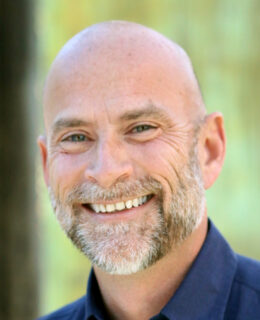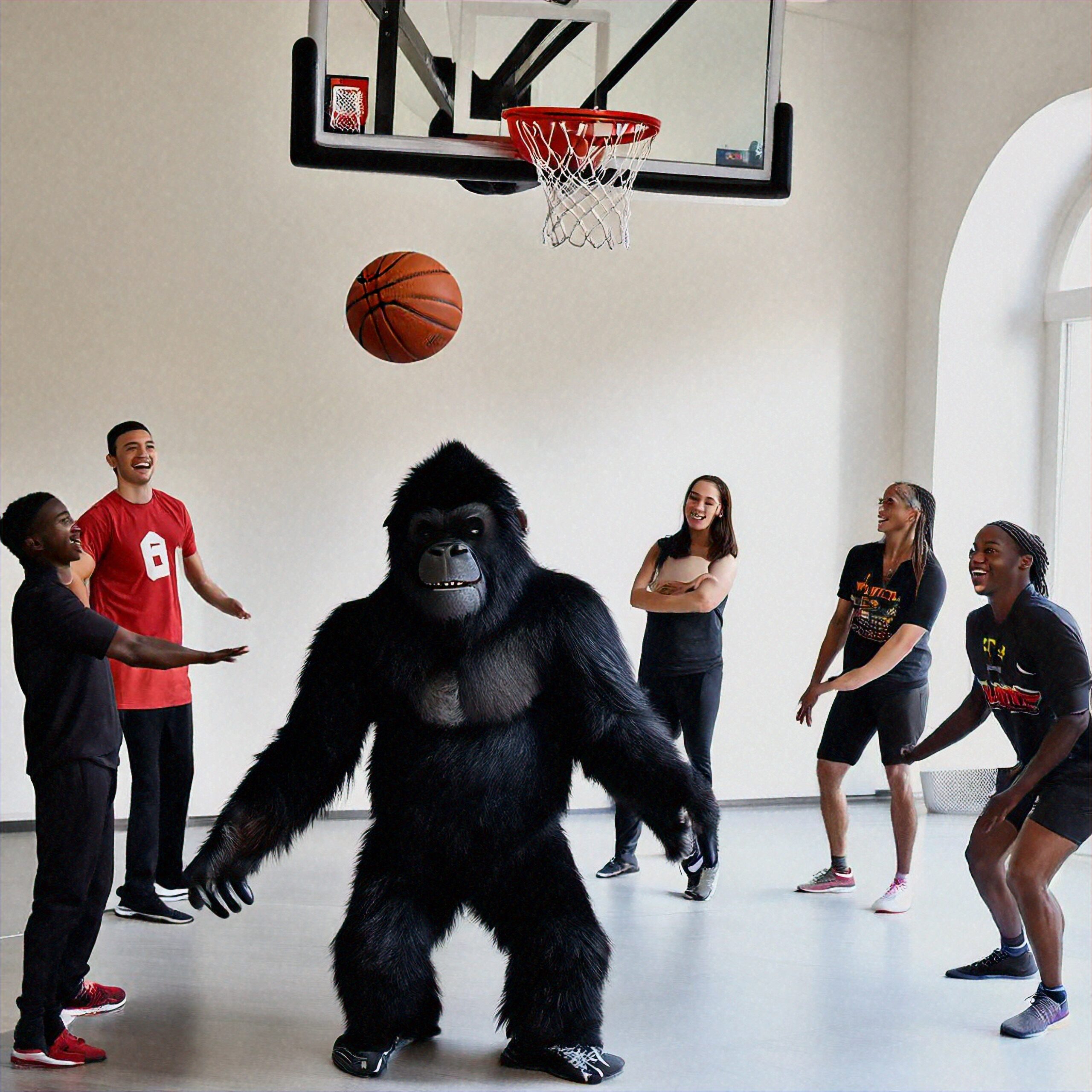We are excited to introduce Dean Barker, Vice President of User Experience at Optum. Having authored ISO standards, content in industry magazines, and co-authored a book, Dean is highly respected in the User Experience field. In his interview with Russ, he discusses some of the biggest mistakes he sees and what he’d like to see the future bring in the field of UX. He also provides commentary on the labeling our field and whether the vocabulary is important in the first place.
This month’s human factors interview may be the most fun yet. Dean’s use of Harry Potter quotes, dry humor, and candidness yields an entertaining read!
Russ: Welcome! What is your background? How did you get your start in User Experience?
Dean: Most of my career has been in what we now call User Experience, but in the mid 90’s I was working at Compuware doing software consulting work. My specialties then were databases, training, and technical documentation. They started a “Usability Engineering” line of business and recruited me as one of their first hires. I found a passion for research and design and a great appreciation for having a “human-centered” philosophy to making software. Susan Weinschenk had a close relationship with that company and became my mentor for several years. That’s been my focus ever since.
Russ: You are a specialist in human-computer interaction, usability research, and user experience design. What are you most passionate about in your work?
Dean: I have several very niche areas of our field that I’m particularly interested in and have spent a lot of time with. One that I’m focused on now is UX Strategy. I also do a lot of process work and in particular helping teams navigate doing UX in agile environments. In the past I spent a lot of time building design pattern libraries and what we now call design systems. That’s still a major area of work that I do professionally. As a leader and manager I’m very interested in creativity and managing creative teams, meaning both managing teams of creatives (which can be challenging) and making teams of all kinds more creative in their thinking.
Russ: What are the biggest mistakes you see people making in their User Experience process?
Dean: We’ve forgotten how to do analysis. That used to be standard operating procedure. So, older user centered design methods had an explicit place for user and task analysis as well as high-level design. I see too many teams jumping right from requirements to screen design without much thought as to how to elegantly bridge those gaps. As Voldemort said in Harry Potter, “This is old magic, I should have remembered it, I was foolish to overlook it.”
Russ: Our field has many different labels. How do you differentiate User Experience (UX), Human Factors, Usability, and User-Centered Design from one another? Is it appropriate to use some of these interchangeably?
Dean: Ugh. Yes and no. The vocabulary is a mess. I suppose we could make a Venn diagram and have a good discussion. I see UX as being the modern discipline once known as usability and user-centered design. There’s overlap with Customer Experience (CX) and the emerging Service Design discipline. But, tomato-tomato in my opinion. It’s the same sensibilities and methods. I relate to all of those as “practice” informed by the “theory” of human factors (which includes more physical design and physiological considerations) as well as human-computer interaction (which puts the emphasis on cognition). What we need in the world are more practical academics in those fields and more academic practitioners in industry. I see a lot of malpractice where researchers and designers just don’t understand the underpinnings of why things are good or bad. Classical human factors and HCI training are hugely important, although I was mainly an autodidact for many years. Everything you need is in a book someplace. Practitioners need to read. A lot.
Russ: As a human factors expert with roles in both academia and industry, what advice do you have for young professionals seeking a career in User Experience?
Dean: Related to the previous questions, I’d say make sure you read and understand the “old magic” as well as the theoretical foundations of our work. Also, get over yourself. You’re going to have three assignments or jobs…one will be great, one will be ok, and one will suck. Then it will be lather, rinse, repeat. Most of you won’t spend most of your career working on the newest Apple products. However, there’s money to be made and there’s a lot of good work that needs to be done in everyday systems and products. You can make a difference, but it isn’t always sexy. Making a difference is disguised as hard work, patience, and tenacity.
Russ: What do you know now that you wish you’d known early on in your career?
Dean: The real value of compound interest.
Russ: Looking forward to 2019 and beyond, what would you like to see change or improve in the field of UX?
Dean: More systems thinking and an understanding of “big picture” design. What I mean by that is that we get siloed thinking on our products, but typically they are just a part of someone’s computing world in and out of products. So, you have to understand context of use and the whole notion of what I remember Constantine and Lockwood discussing as extended use cases. Users go from task to task, system to system, with plenty of interruptions. Omnichannel thinking and journey maps and such approximate this kind of thinking, but I rarely see teams with truly deep understanding of users and their work. You have to understand who the people using your products are, their context of work, their workflow, their culture, and the whole ecosystem. Typical product teams operate at an embarrassingly superficial level of understanding of such things. Designers need to stop arguing about menus and button colors and get outside of the building. Take a user to lunch. Go out in the wild. Edwin Hutchins is the former department head of cognitive science at the University of California, San Diego. He has a great book called “Cognition in the Wild.” Game changing required reading for those who get it.
Dean T. Barker | Vice President of User Experience | Optum
 Dean T. Barker is Vice President of User Experience for Optum, a UnitedHealth Group business and leading supplier of healthcare software. He has over two decades of experience in software design and consulting. He is an editor and author of ISO standards for software quality and usability and has co-authored a book on speech user interfaces. He has also written for many industry magazines, including Enterprise Development Magazine, Visions Magazine, and Quirks Marketing Research Review. Mr. Barker holds a B.A. in Business Management and Communications and a M.S. in Software Engineering from the University of Minnesota. In addition to his corporate responsibilities, he currently teaches undergraduate courses in Human-Computer Interaction at Arizona State University and is an invited lecturer at Johns Hopkins University.
Dean T. Barker is Vice President of User Experience for Optum, a UnitedHealth Group business and leading supplier of healthcare software. He has over two decades of experience in software design and consulting. He is an editor and author of ISO standards for software quality and usability and has co-authored a book on speech user interfaces. He has also written for many industry magazines, including Enterprise Development Magazine, Visions Magazine, and Quirks Marketing Research Review. Mr. Barker holds a B.A. in Business Management and Communications and a M.S. in Software Engineering from the University of Minnesota. In addition to his corporate responsibilities, he currently teaches undergraduate courses in Human-Computer Interaction at Arizona State University and is an invited lecturer at Johns Hopkins University.




